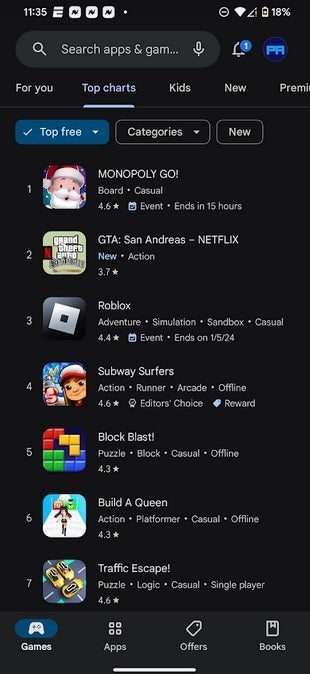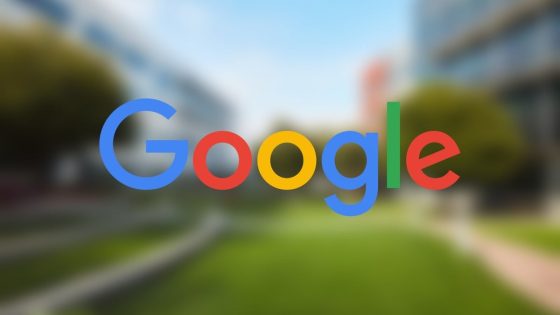Some Google Play Store changes we might see in light of the $700 million settlement،
Earlier this morning, we updated an article we wrote Monday evening about Google's parent company Alphabet's $700 million settlement with 50 states, the District of Columbia and two U.S. territories. Among the issues were the 15-30% cut
Google takes on in-app purchases made on the Play Store and the complexity of sideloading on Android. Although the settlement was initially agreed in September, the terms of the deal were announced yesterday.
Play Store buyers between 2016 and 2023 could be entitled to at least $2 each thanks to the settlement
$630 million of the settlement will be distributed to consumers who will receive at least $2 each based on the amount of money they spent in the Play Store between August 16, 2016 and September 30, 2023. $70 million will be paid out to the states. for penalties, restitution, disgorgement and fees.
Major changes are coming to the Google Play Store thanks to Alphabet's $700 million settlement with the United States
Google also promised to make changes to the Play Store and based on
court documents (via
9to5Google) we have an idea of what awaits us. One of the possible changes will apply for at least five years from the effective date and allow consumers to choose between using an alternative in-app billing system provided by the
app developer or Google's in-app payment processing platform when paying for a product purchase. -App digital goods and services.
Please note that the decision as to which payment processing service will be offered to you is neither Google nor the developer's, but a consumer choice. For six years, Google will be forced to allow developers to indicate the price of a digital good that can be purchased outside of the application. Google will not have to allow developers to link to a site where the digital good could be purchased, but developers will be allowed to write in the Play Store that the digital good is “available on our website for 9 $.99” or whatever. it's the price.
For example, let's say the price of digital currency for a particular game is lower on the app developer's site because the developer does not have to pay 30% Google tax if the purchase is made on the developer's website. Although there may not be a link to this item outside of the Play Store, the developer may mention that it is available at a lower price on the developer's site.
Android devices must support automatic background updates for apps installed from third-party sites
Again, based on court documents, Google will aim to make sideloading easier on Android. Sideloading, the process of installing apps from a third-party app storefront, will be reduced to a single page “by combining some warning screens and updating the UI language, for at least five years. The warning might say: “Your phone is not currently configured to install apps from this source. Granting this source permission to install apps could put your phone and data at risk.”
And to ensure that apps downloaded by an Android user remain up to date, for at least four years, Android devices will need to support automatic background updates of apps installed from third-party app stores.
The settlement prevents Google from entering into or enforcing agreements with Android device makers that would require the Play Store to be the exclusive storefront of Android apps preloaded on the devices' home screen. Google won't even be allowed for five years to require consent before manufacturers pre-install third-party app stores on Android phones.
It should be noted that the settlement still requires a judge's approval. The states are trying to get a particular judge to approve the settlement by Feb. 8. This judge is the one who recently presided over the Epic v. Google trial that resulted in a federal jury calling the Play Store a monopoly.

















